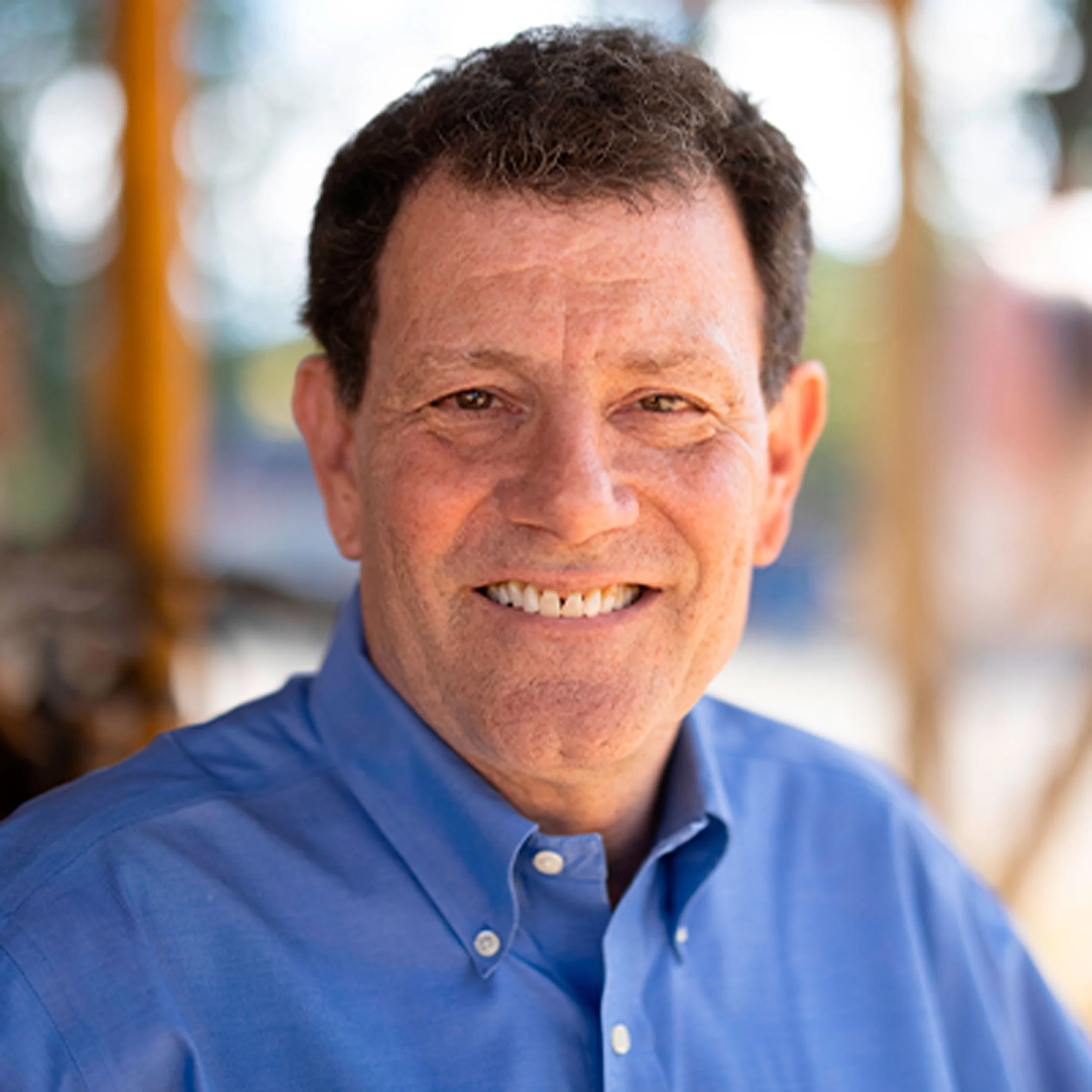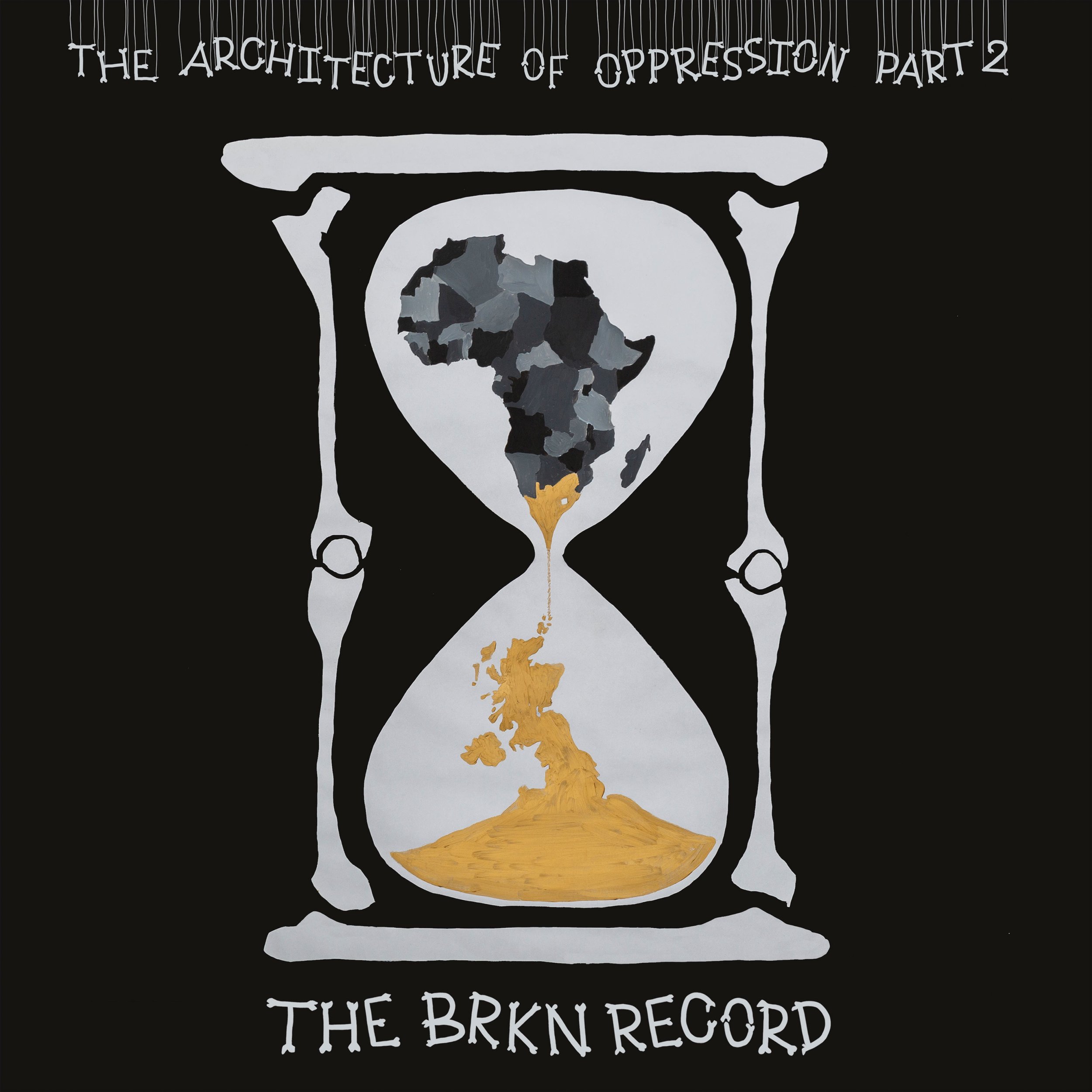How Can Museums Stay Relevant & Engage with Communities? - Highlights - STEPHEN REILY
/Founding Director · Remuseum
Fmr. Director · Speed Museum · Attorney · Co-Founder & CEO · IMC Licensing
The opportunity is that we have never had a public that is more passionate and obsessed with visual imagery. If the owners of the best original imagery in the world can't figure out how to take advantage of the fact that the world has now become obsessed with these treasures that we have to offer as museums, then shame on us. This is the opportunity to say, if you're spending all day scrolling on Instagram looking for amazing imagery, come and see the original source. Come and see the real work. Let us figure out how to make that connection.



















